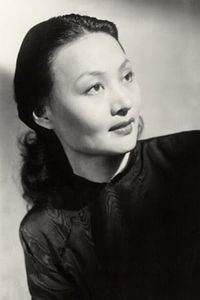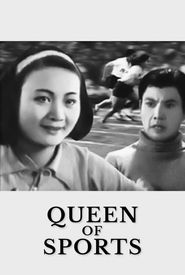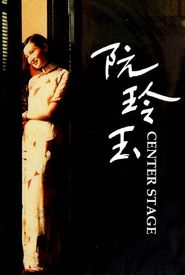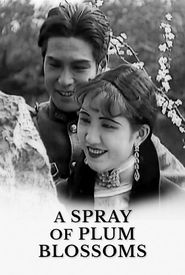Pei Yanling, professionally known as Li Lili, is a celebrated Chinese actor and singer whose remarkable life is characterized by a captivating fusion of artistic expression and intriguing events. Born to Qian Zhuangfei, a distinguished Communist Party of China (CCP) spy, Li Lili's early life was profoundly influenced by her father's rigorous work schedule, which led him to encourage her to develop her talents in singing and dancing at the Chinese Song and Dance Troupe in the year 1927.
Under the mentorship of her godfather, the illustrious musician Li Jinhui, Li Lili's name was transformed to Li Lili, and she rapidly gained widespread recognition due to her striking beauty and exceptional dancing abilities.
As the tumultuous Anti-Japanese War gradually unfolded its complex narrative, Li Lili's remarkable talent and captivating on-screen presence catapulted her to stardom, with a series of influential anti-Japanese films produced by the prestigious China Film Studio and the esteemed Hong Kong Dadi Film Company serving as the catalyst for her rapid ascent.
In 1946, Li Lili embarked upon an intellectually stimulating educational odyssey, traversing the vast expanse of the United States, where she had the privilege of attending the revered Columbia University, as well as other esteemed institutions, before returning to China the following year.
Li Lili's professional journey in the realm of Chinese cinema began shortly after the establishment of the People's Republic of China, when she became a part of the prestigious Beijing Film Studio as a talented actor. Over an extended period, she continued to hone her craft within the studio, making a significant contribution to the world of Chinese cinema.
In 1955, Li Lili decided to further her education by enrolling in the performance specialization class at the renowned Beijing Film Academy. After completing her studies, she chose to remain at the academy, opting to share her knowledge and expertise with the next generation of filmmakers by taking on a teaching role. This decision had a profound and lasting impact on the development of Chinese cinema, leaving behind a lasting legacy that continues to be felt to this day.




















